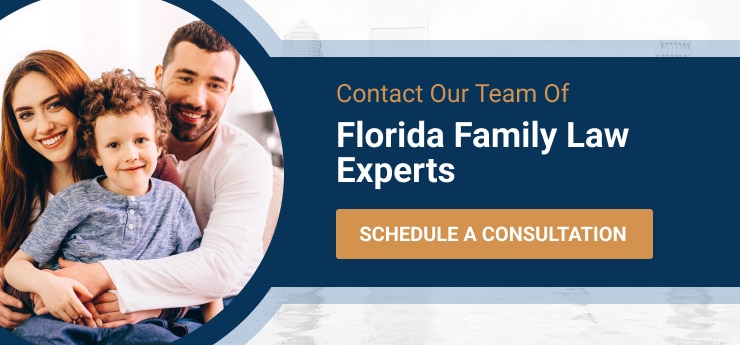Dependency Lawyer in Stuart
The term “dependency” describes a unique set of laws and court action surrounding children. A dependency action in Florida affects child custody when there are accusations that commonly involve abuse, neglect, and/or abandonment.
These cases can be scary for many reasons. If there is an allegation of this type of serious nature, parents run the risk of losing their children either on a short-term basis or permanently. There is far too much at risk in this type of case to try navigating the legal system alone.
The Law Offices of Travis R. Walker, P.A. can help you navigate these types of proceedings and also tell you what you need to know to protect your children in this process. Contact our legal team for more information.
“In cases involving the Department of Children and Families (DCF), understanding the legal process is crucial. From initial investigations to adjudicatory hearings and disposition hearings, each step must be navigated carefully to protect parental rights and ensure the best interests of the child are upheld.”
-Travis R. Walker | Founder and Philanthropist


What Happens in a Dependency Case in Florida?
The Department of Children and Families (DCF) is heavily involved in dependency cases. These proceedings start because DCF received a report into the Florida Abuse Hotline or through a similar contact method.
Shelter Hearing
Based on the DCF investigation, DCF will decide whether they think the child is at risk of imminent harm. If they determine that risk exists, they will immediately remove the child from the situation, even if that is your home.
If there is a removal, the court must hold a hearing within 24 hours of the removal. This hearing is called a Shelter Hearing. At this hearing, DCF will present evidence as to why they believe the child is in danger. You can and should be present at this hearing to present evidence as to why the child should not be removed.
The judge will decide whether a child should continue to be removed from the home. The Court will also appoint a Guardian Ad Litem at the same time. This person, commonly known as a GAL, will act as an advocate for the best interests of your child.
If the child continues to be outside of the home at DCF’s recommendation, then DCF will file a Petition for Dependency. This Petition triggers a progression of additional hearings and services.
Arraignment Hearing
Once DCL files the Petition for Dependency, parents must respond by entering a plea, similar to a criminal case. You have three options to answer the plea:
- Admit the allegations
- Consent to a case plan without admitting to anything
- Deny the allegations and ask for an adjudicatory hearing
Most parents will consent to a case plan without admitting to the allegations, but our team can help work through what you should do in this situation based on your unique circumstances. Your plea is taken verbally at the arraignment hearing in most cases.
Working Through the Process: The Case Plan
Parents and DCF will work together to develop a case plan, which lists out various services that the parents and children should go through. This can be done informally or through formal mediation or other similar services.
A parent will then enter a consent once everyone agrees to the plan. The judge will review the case plan and approve it at the Disposition Hearing. The parties will also decide who will house the children during the dependency process.
Once parents have worked through the case plan and met all of the obligations set out by the Court and DCF, they can be reunited with their children in many cases. The judge will set out periodic hearings to check on your progress, which is known as Judicial Reviews.
When the Court determines that there has been sufficient progress, they will order reunification. If, however, you cannot keep up with your plan or there are other issues, DCF may request a termination of parental rights.
How The Law Offices of Travis R. Walker Can Help
The Law Office of Travis R. Walker wants to help you work through this process in a way that decreases your time away from your children. We have the experience and knowledge to help you through this difficult time.
Your Three Steps to Moving Forward
Call our office or complete our contact form and set up an intake call with our Intake Coordinator.
Attend a virtual or in-office consultation so we can better understand your case and determine how we can help guide you to success.
Retain our firm so we may lead you through the legal process as quickly and painlessly as possible.
Currently Accepting New Clients
Our Office
Port St. Lucie OFFICE
-
10026 S U.S. Hwy 1
Port St. Lucie, FL 34952 - 772-325-1860
- 772-673-3738
Client Testimonials
Simply enter your email below and join our growing community of informed individuals.


